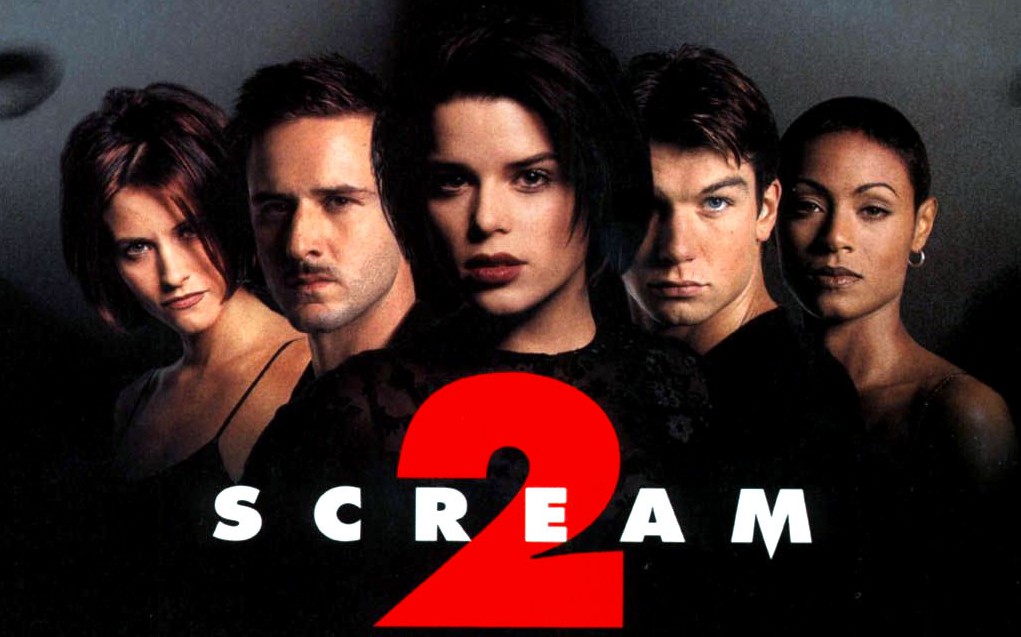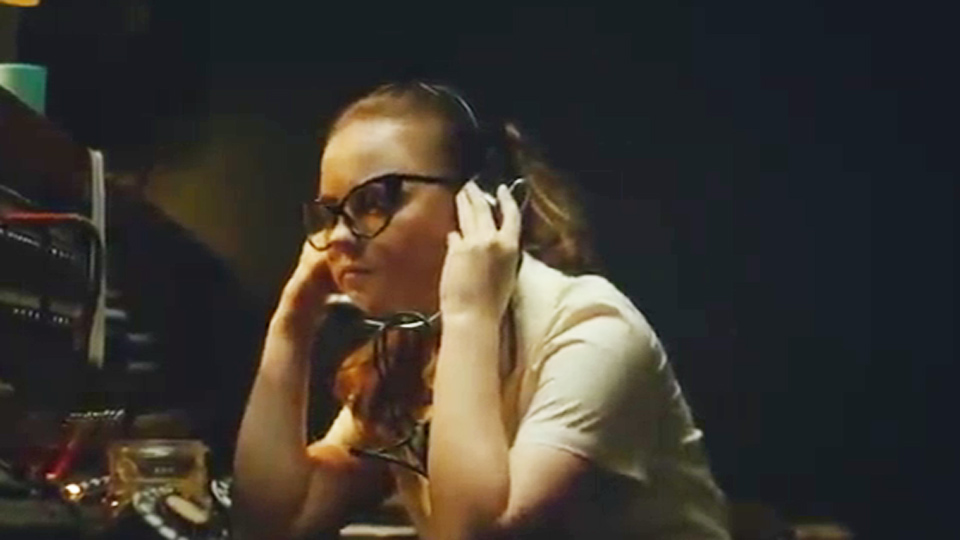We’d like to thank Gordon Maples—blogger, horror fan and all around smarty pants—for joining us to count down the best college-themed horror movies. (We might talk about some of the worst, too.)
5. Night of the Creeps (1986)
B-movie heaven, writer/director Fred Dekker’s Night of the Creeps embraces—nay, bear hugs—what has come before. With the help of Tom Atkins (at the top of his game), this alien invasion/zombie/frat movie is a hoot.
This film about alien slugs that enter the human body, nest in the brain, and reanimate the corpse looks like a lot we’ve seen before (mainly Cronenberg’s Shivers) and a lot we’d see later (mainly James Gunn’s Slither). The fact that it can be so genre-referential and still become a touchstone for other filmmakers speaks volumes about Dekker’s grasp of the genre.
4. Pledge (2018)
On its surface, Pledge may appear to be little more than a competently made fraternity horror in the tradition of Skulls. It is a cautionary tale about hazing taken to its sadistic (if likely logical) extreme.
But director Daniel Robbins’s latest horror show, from a tight script by co-star Zack Weiner, digs into issues bigger than tribe mentality. Pledge is not just about how far you’d go to belong. It asks about compliance, cowardice, and the cost and definition of success.
Where Weiner’s savvy script and Robbins’s sly direction really excel is in digging into this predictable plot to find an ugly picture of American privilege.
3. Scream 2 (1997)
Just one year after director Wes Craven and writer Kevin Williamson struck gold with their meta-horror Scream, the survivors are off to college. Too bad the horror—and the rules—follow Sidney to campus.
The film picks up on its predecessor’s infatuation with genre tropes, this time trying to apply the rules of the sequel to what’s happening, giving characters the chance to figure their own plot out in an attempt to survive this sequel.
Fun return performances and excellent newcomers (Hello Laurie Metcalf! Good to see you Liev Schreiber and Timothy Olyphant!) keep this one fresh and fun.
2. Black Christmas (1974)
Sure, it’s another case of mysterious phone calls leading to grisly murders; sure it’s another one-by-one pick off of sorority stereotypes; sure, there’s a damaged child backstory; naturally John Saxon co-stars. Wait, what was different? Oh yeah, it did it first.
Released in 1974, the film predates most slashers by at least a half dozen years. It created the architecture. More importantly, the phone calls are actually quite unsettling.
Why the girls remain in the sorority house (if only they’d had an Official Red Ryder Carbine-Action Two-Hundred-Shot Range Model Air Rifle!), or why campus police are so baffled remains a mystery, but director Bob Clark was onto something with the phone calls, as evidenced by the number of films that ripped off this original convention.
1.Raw (2016)
A college freshman and vegetarian from a meat-free family, Justine (Garance Marillier) objects to the hazing ritual of eating a piece of raw meat. But once she submits to peer pressure and tastes that taboo, her appetite is awakened and it will take more and more dangerous, self-destructive acts to indulge her blood lust.
The film often feels like a cross between Trouble Every Day and Anatomy. The latter, a German film from 2000, follows a prudish med student dealing with carnage and peer pressure. In the former, France’s Claire Denis directs a troubling parable combining sexual desire and cannibalism.
Writer/director Julia Ducournau has her cagey way with the same themes that populate any coming-of-age story – pressure to conform, societal order and sexual hysteria. Here all take on a sly, macabre humor that’s both refreshing and unsettling.













